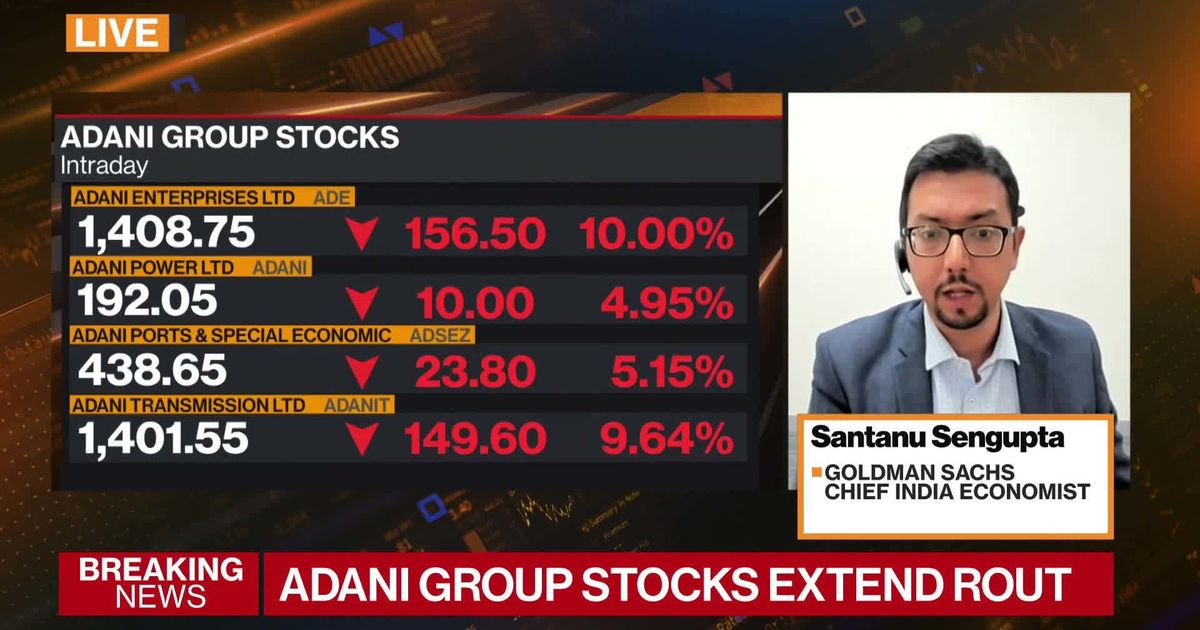Both the Houses of India’s parliament were adjourned on Friday last week amid chaotic scenes as some lawmakers demanded an inquiry following the meltdown of shares in billionaire Gautam Adani’s group companies, which some fear could spark wider financial turmoil. Opposition parties continue to highlight that Life Insurance Corporations (LIC) of India’s and State Bank of India’s (SBI) high exposure to stocks in the Adani Group can have wider economic repercussions.

Shares in Adani companies recovered after sharp falls, but the seven listed firms have still lost about half their market value – or more than $100 billion combined – since U.S. short-seller Hindenburg Research last week accused the group of stock manipulation and unsustainable debt, Reuters reported.
The Reserve Bank of India on Friday said India’s banking sector is “resilient and stable” and the central bank maintains constant vigil on the lenders, in a statement issued in the light of the Adani crisis, triggered by a US-based short seller’s allegations of stock manipulation, fraud and use of tax havens by the Adani Group.
The stock rout led to Adani Group losing around $108 billion since Hindenburg Research published its report on January 24. But signs of recovery were visible on Friday.
But the government differs
Talking about the risks to the Indian banking system and lenders emanating from the ongoing crisis, Finance Minister Nirmala Sitharaman on Friday said that the country’s banking system is in a sound position. “They (LIC and SBI) have very clearly said that their exposure (to Adani Group stocks) is very well within the permitted limits and with valuation falling as well, they are still over profit. That is the word from the horse’s mouth,” Sitharaman said in an interview with CNBC-TV18.
The stock market turmoil created by the rout in Adani group shares is a “storm in a teacup” from a macroeconomic point of view, finance secretary TV Somanathan said on Friday, emphasising that India’s public financial system is robust. The senior-most bureaucrat in the finance ministry also said that movements in the stock market per se is not the government’s concern and there are independent regulators to take necessary action. Read more here.
